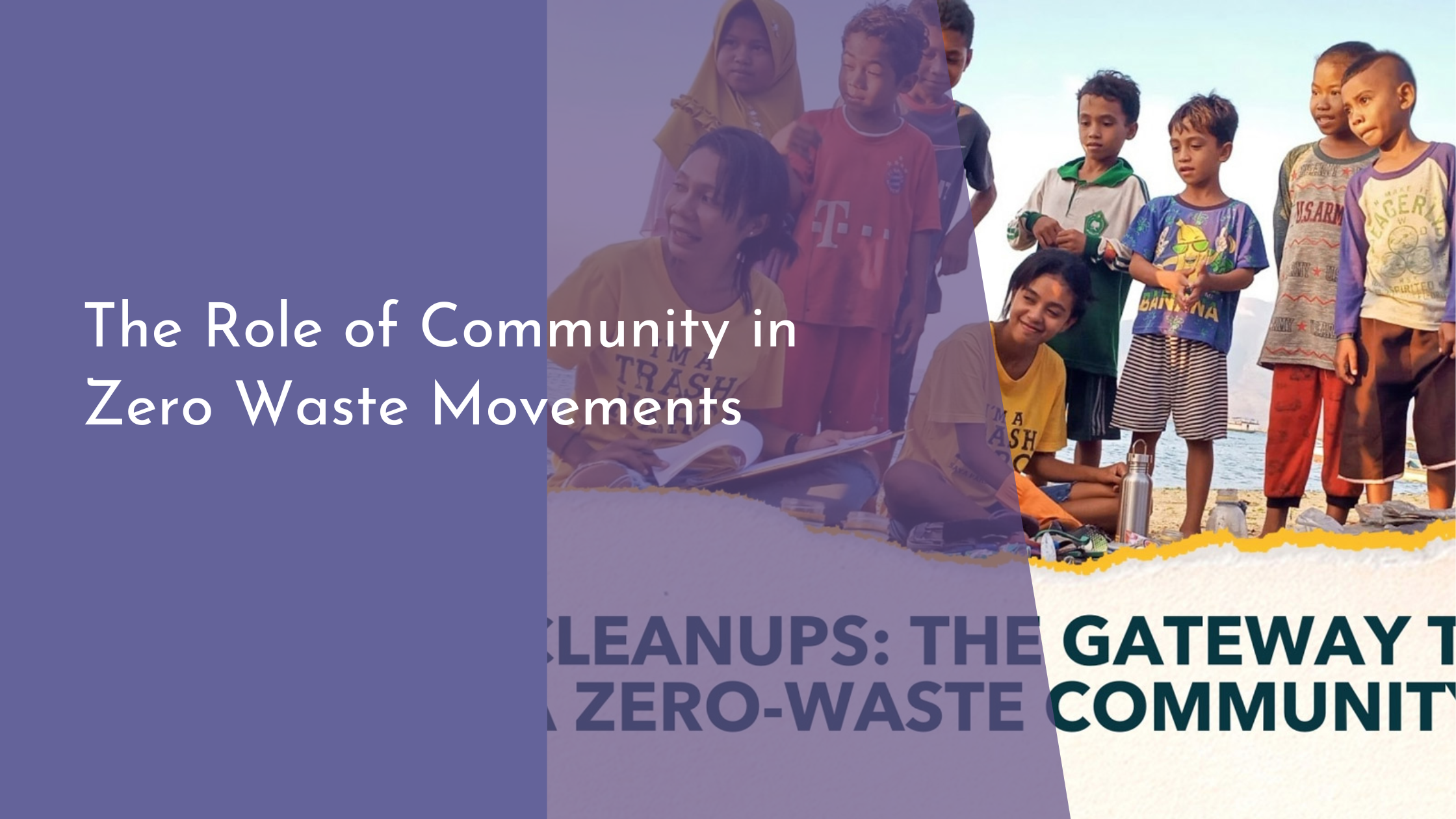The Role of Community in Zero Waste Movements
The zero waste movement is gaining momentum across the globe, advocating for the reduction of waste through conscious consumerism, recycling, and composting. While individual efforts are essential, the role of community in amplifying and sustaining zero waste initiatives is equally crucial. Communities serve as platforms for collective action, sharing resources and knowledge, and driving larger systemic changes. In this article, we will explore how communities contribute to the zero waste movement and highlight some successful stories of communal efforts that are making a difference.
Understanding Zero Waste: A Community Perspective
Zero waste is not just an individual endeavor; it is a philosophy that thrives on community involvement. At its core, the zero waste movement seeks to minimize waste creation by emphasizing the importance of redesigning resource life cycles so that all products are reused. This goal is most effectively achieved when communities come together to promote sustainable practices. Through community workshops, educational programs, and public forums, individuals can learn and implement zero waste principles on a larger scale. By fostering a supportive environment, communities can make the transition to zero waste more manageable and accessible for everyone.
Moreover, communities play a vital role in advocating for policies that support zero waste initiatives. Local governments are more likely to implement recycling programs and waste reduction policies when there is a strong demand from their constituents. Community groups can work together to organize campaigns, petitions, and public meetings to push for necessary legislative action. Through collective advocacy, communities not only create a shared vision for waste reduction but also hold stakeholders accountable for environmental stewardship.
Key Community Initiatives Driving Zero Waste
One of the most effective community-driven initiatives is the establishment of zero waste stores and bulk food shops. These businesses allow customers to purchase goods without packaging, encouraging the use of reusable containers and significantly reducing the amount of plastic entering the waste stream. Additionally, community swap events and thrift shops promote the reuse of items, preventing unnecessary landfill waste and fostering a culture of sharing and repurposing.
Another impactful initiative is community composting. By creating local composting programs, communities can turn organic waste into nutrient-rich soil rather than sending it to landfills. This not only reduces the volume of waste but also supports local agriculture and gardening efforts. Community gardens can benefit from this compost, creating a closed-loop system where waste is transformed into a resource, further emphasizing the zero waste philosophy. These initiatives demonstrate the power of community action in achieving substantial and sustainable waste reduction.
Success Stories: Communities Leading the Charge
One notable success story is the town of Kamikatsu, Japan, which has set an ambitious goal of becoming a zero waste community. Through a comprehensive and collaborative community effort, Kamikatsu has implemented an extensive sorting system with 45 categories of waste, ensuring that most items are recycled or reused. Community members take an active role in managing waste, and the town regularly hosts workshops to educate residents on sustainable living. This collective approach has significantly reduced landfill waste, setting an inspiring example for other communities worldwide.
In the United States, the city of San Francisco has also made remarkable strides toward zero waste. With its comprehensive recycling and composting programs, San Francisco has achieved an impressive diversion rate of 80% from landfills. The city’s success can be attributed to strong community involvement, robust city policies, and partnerships with local businesses. San Francisco’s model showcases how cities can lead the charge in zero waste efforts through community collaboration and progressive policies.
Concluding Thoughts: The Power of Community
The journey towards zero waste is a collective effort that thrives on community participation and support. By working together, communities can establish sustainable practices that not only reduce waste but also promote environmental consciousness among their members. The power of community lies in its ability to influence change at both local and systemic levels, creating a ripple effect that extends beyond individual actions.
As we face growing environmental challenges, the role of community in advancing zero waste movements becomes increasingly important. Communities provide the foundation for collective action, resource sharing, and accountability. By learning from successful examples worldwide, every community can contribute meaningfully to the global goal of zero waste. Embracing the power of community allows us to innovate, adapt, and create a more sustainable future for generations to come.

